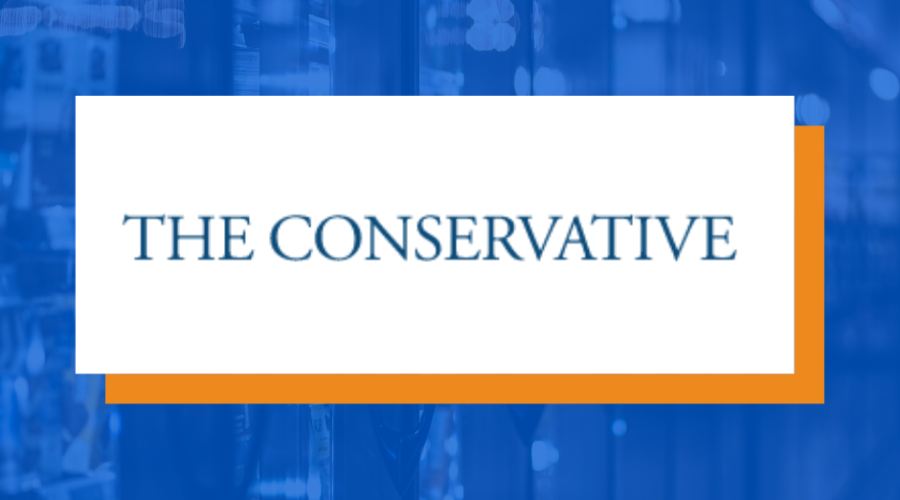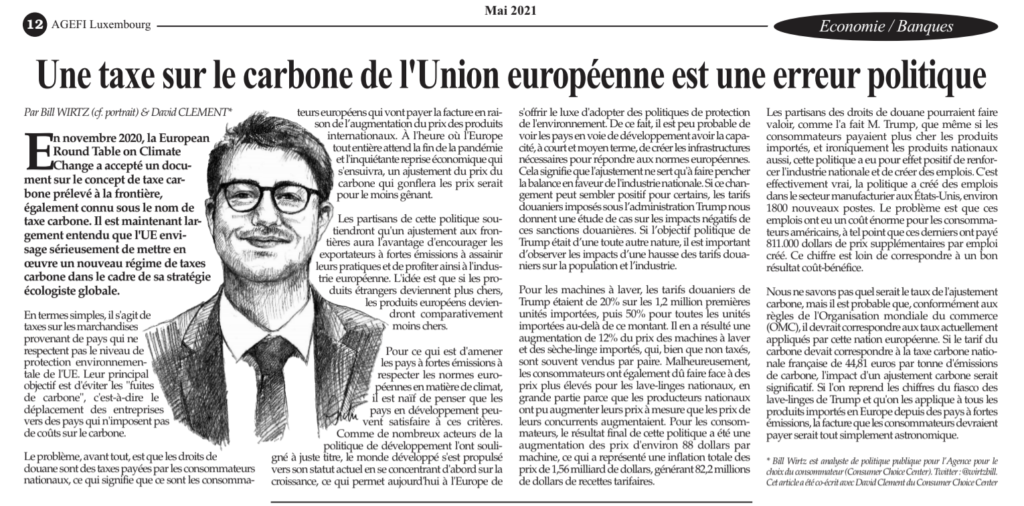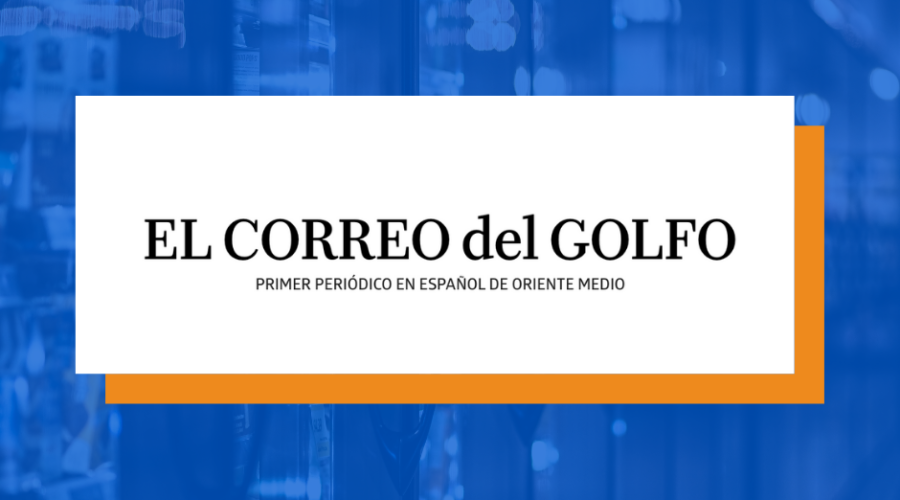Parenting, not paternalism, defeats bad diets
Parents are the best judges of the education of their children.
The European Union regulates so-called “junk food” advertising, in order to protect children from exposure to harmful content. Its rules target food that are high in energy, saturated fats, trans-fatty acids, sugar and salt. This really translates as a massive distrust in parenting.
It undoubtedly sounds terrible when we read the words “advertisements targeting children”. Children, being the most vulnerable people of all, shouldn’t be targeted like the same way a hunter peeks through a scope, which seems to be the semantic implication when the word is used. In reality, it’s hard to imagine that many consumers would regard a TV ad for corn flakes that includes a cartoon character, as predatory behaviour by marketing companies.
And yet, this is precisely what lead Chile to ban these characters on cereal boxes earlier this year, and has motivated British star-cook Jamie Oliver to demand a similar rule in the United Kingdom, despite practicing the same in his own videos. We all know the saying: do as I say, not do as I do.
Some campaigners will find this hard to believe, and yet: removing Tony the Tiger from a cereal box won’t make children eat healthier all by themselves. The entire reason why children are not considered adults, is because they cannot properly evaluate the results of their actions, and they will eat anything sweet or fatty that tastes good to them.
Unless we were to remove children completely from their parents, there would be no way for us to make sure that their nutrition is entirely according to the guidelines of national health ministries.
Between a child (as opposed to youth) seeing an advertisement and the act of purchasing the product, there is a parent who has to make the decision whether or not to allow the child to receive it. By restricting the ability to market the product, we’d forgo the judgement of the parents. Far worse, such restrictions would tell parents that the government does not believe that they are able to do their job properly.
In a similar manner, alcohol and alcohol advertising is perfectly legal and available, yet we trust the resounding majority of parents to provide educational background on alcohol to their children.
Raising awareness about the consequences of too much sugar and fat is the right way of going about this problem: it empowers consumers by providing them with information, and endorses a non-paternalistic approach. The last thing we need is for the advancements in public health to backfire due to restrictions on marketing.
As a matter of fact, branding bans can indeed backfire. Brands establish consumer loyalty, yet they can equally reverse it very quickly. If a producer is know for its brand name or logo, making mistakes will make recognizable marketing into a liability. On the other hand, competitors can exploit marketing techniques to sell better products.
Most of all, advertising bans are lazy decision making. The conversation about the education of children, and the gap between counselling parents and interfering in what they see fit for the education of their children is narrow, and requires intricate analysis.
Restricting the advertisements of “predatory” companies on the other hand is a far simpler solution to understand. It’s very much the equivalent of Ostrich effect: if I do not see it, I can make the problem go away. But as the problem does not go away with this particular ban, it is very likely that conclusion will be reached that
A) the ban wasn’t stringent enough, or that
B) MORE bans are necessary. As a result, we’re being trapped with a legislative avalanche that does not empower consumers.
Parents are the best judges of the education of their children. We should empower them as consumers through information, not paternalism.
Originally published here.











